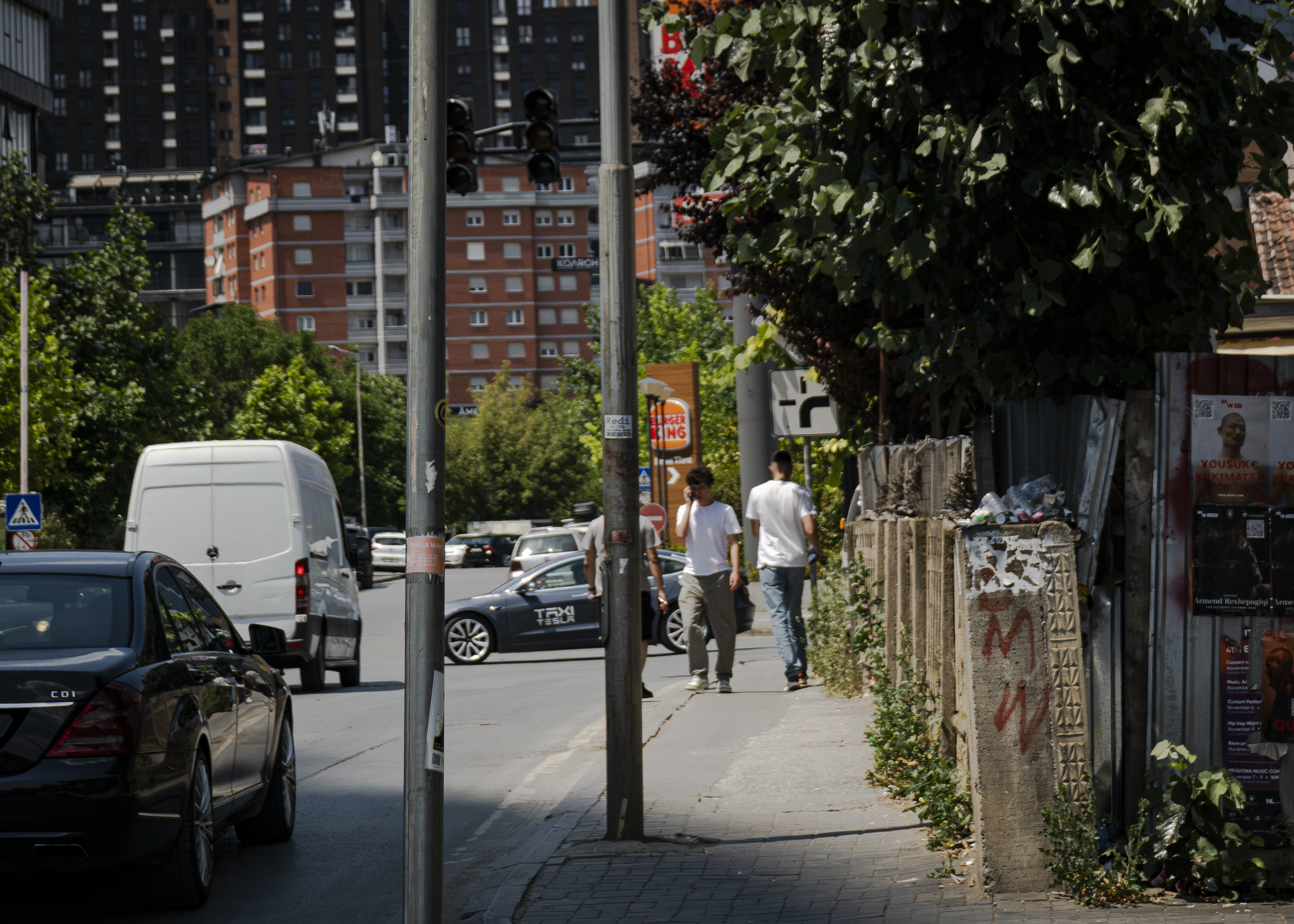What’s the Price of Staying?
Progress is anything but linear. We are bound to encounter obstacles whenever we take on new challenges, whether it’s in our personal lives, through New Year’s Resolutions, or breaking unhealthy cycles, or on a societal scale, as we integrate new technologies, adopt evolving social codes, and confront harmful traditions. Rebuilding a nation after war is no different. It carries the same rhythm of advancement and setbacks, of persistence and pauses.
Reconstructing cities from the ground up after tragedy is far from straightforward. Not only is there the physical building of cities and institutions, but there’s the long journey of reviving the trust and hope lost in the past. It demands resilience, patience, and a willingness to face the discomfort of change. Progress is never easy, and fighting for it can feel like a burden that not everyone is willing to carry.
Across Kosovo and throughout much of the Balkan region, many young people are leaving their home countries in search of better opportunities abroad. This phenomenon, known as Brain Drain, describes the steady loss of skilled and educated individuals who seek stability and success elsewhere, draining their home countries of the very potential needed to sustain their growth.
One interview participant explained, “We don’t recognize the potential that young people have right now. Which I think is sad, and that’s why many young people are leaving Kosovo because they feel more heard, they feel like they can have more potential somewhere else.”
According to research by the German Marshall Fund, Balkan nations, including Albania, Bosnia and Herzegovina, Montenegro, North Macedonia, Kosovo, and Serbia, stand to lose between 25% and 50% of their skilled and educated workforces in the forthcoming decades. This migration seems to reshape the collective spirit of the nation, the ability to imagine and build a shared future together.
Another interviewee described this sentiment plainly:
It is difficult, because we are like, why would we stay and fight for change that we won’t be able to see or experience in our lifetime, when we can leave and start over where we have more resources?
Their words capture what I’ve come to call the weight of development. The challenge of fighting through progress, change, when we are unsure if we will be able to experience it. It is the tension between loyalty and longing, between the duty to stay and the dream to leave.
How do we find the courage to keep fighting for progress when the rewards may come long after we are gone? How do we sustain hope when progress feels so distant?
In Kosovo, these questions linger in the air like echoes of the past, reminders that building a nation is not just about constructing cities or writing policies, but about believing in the unseen, the unfinished, and the yet to come.

